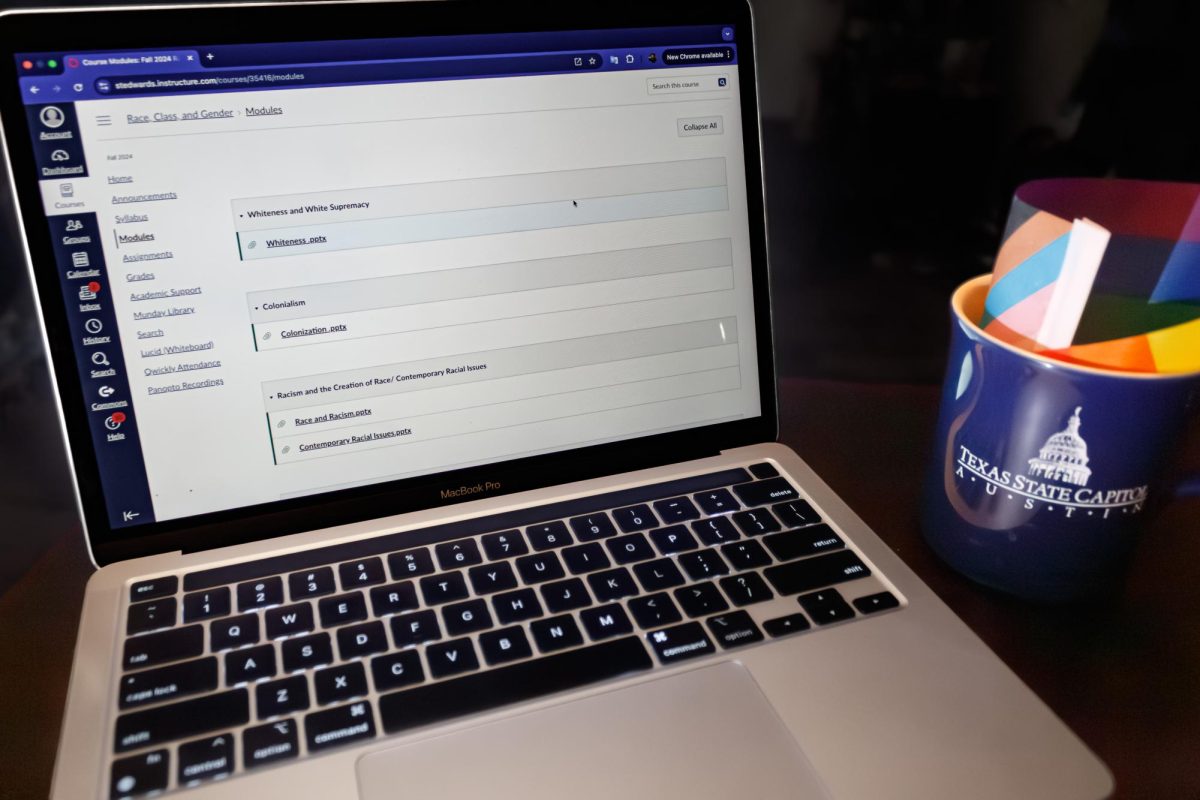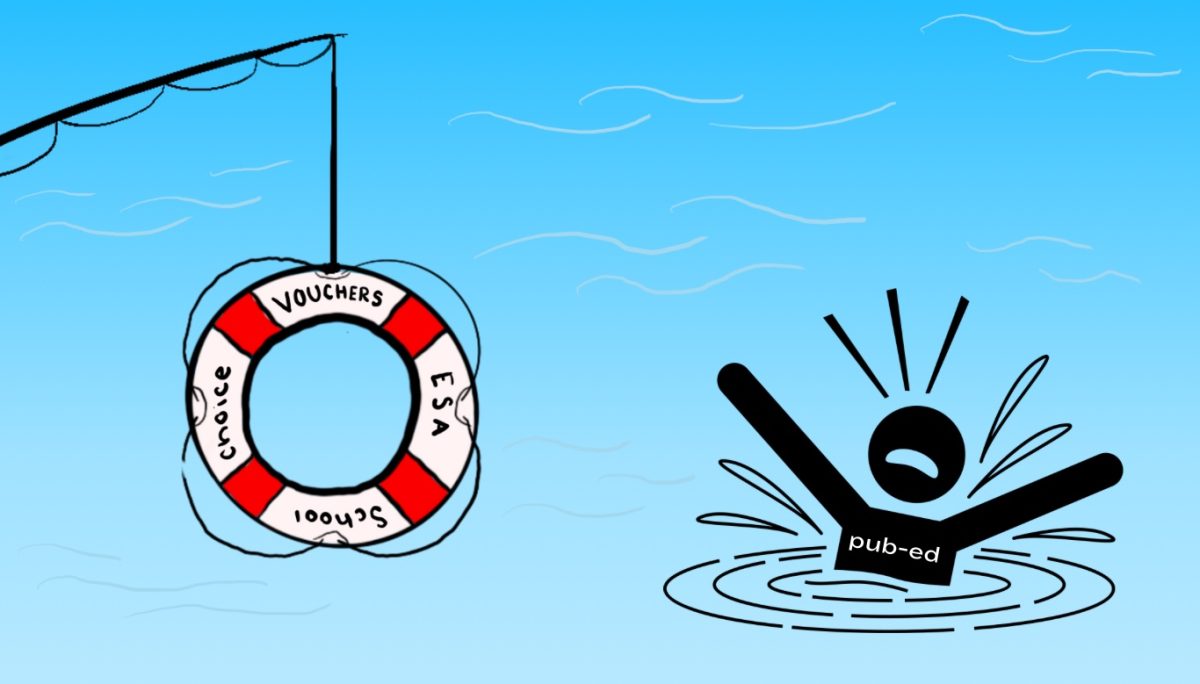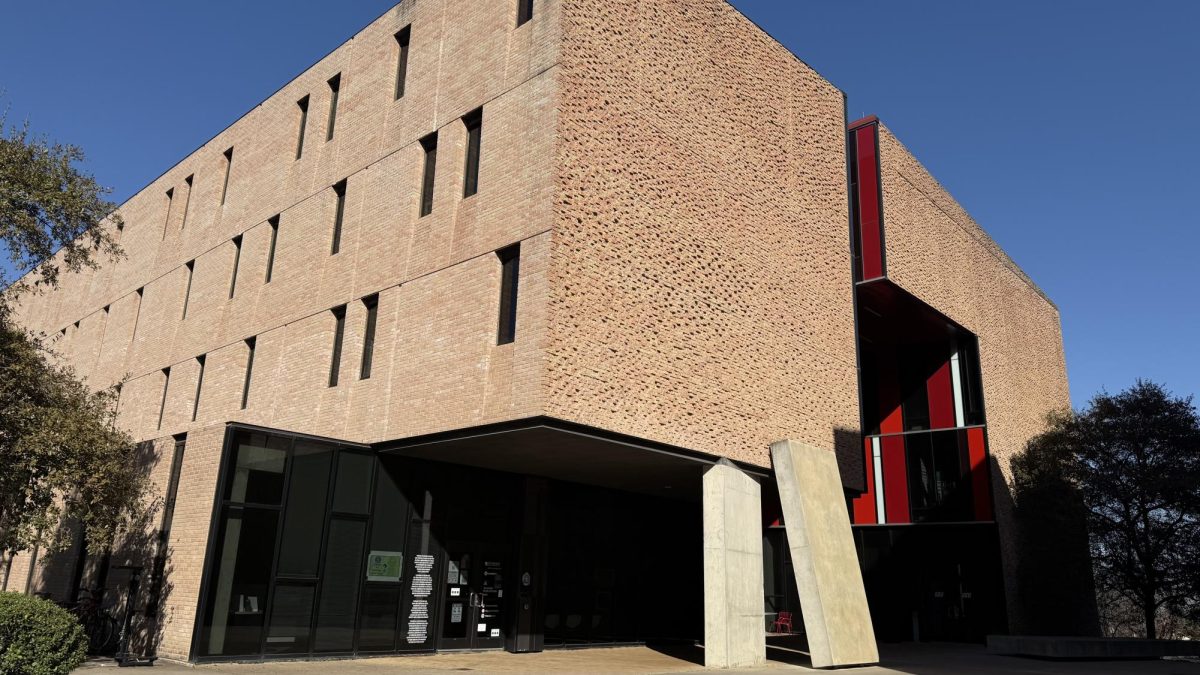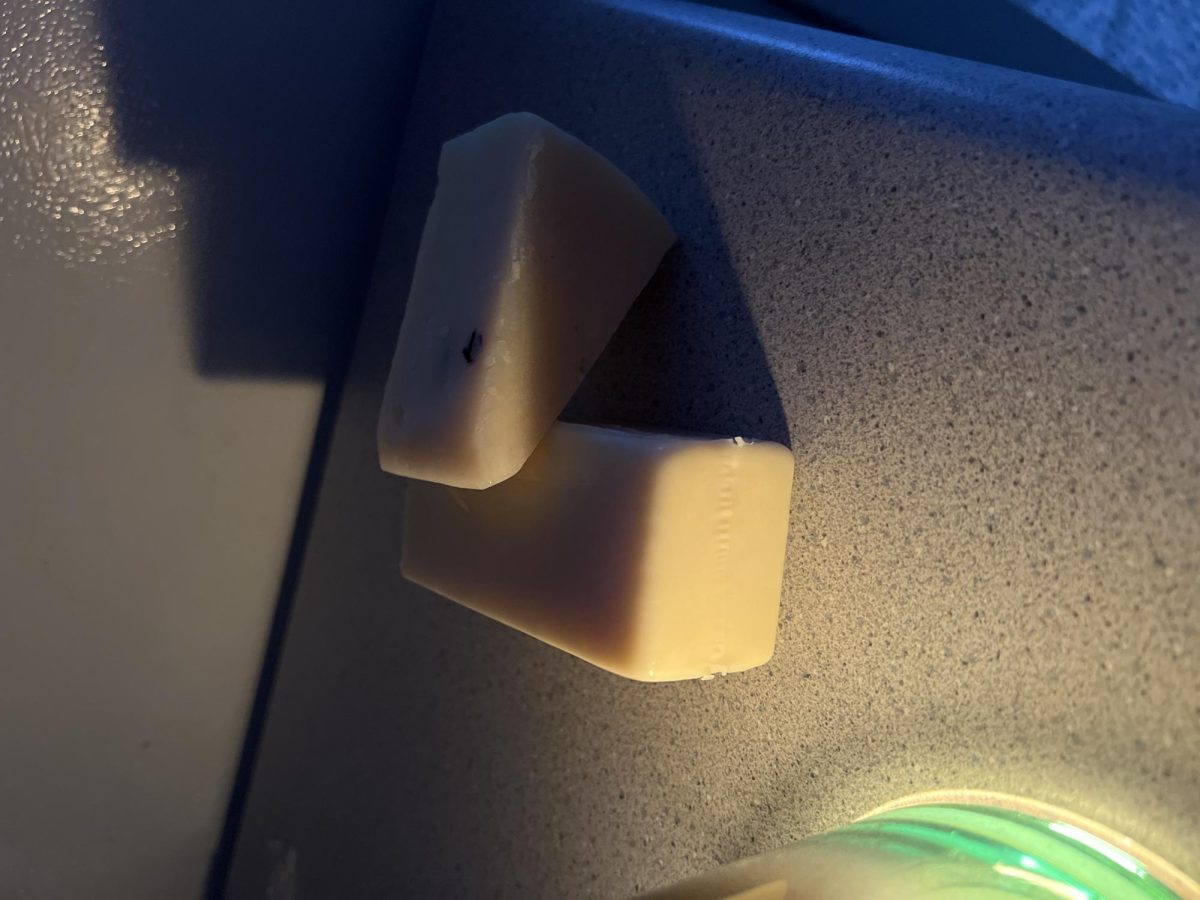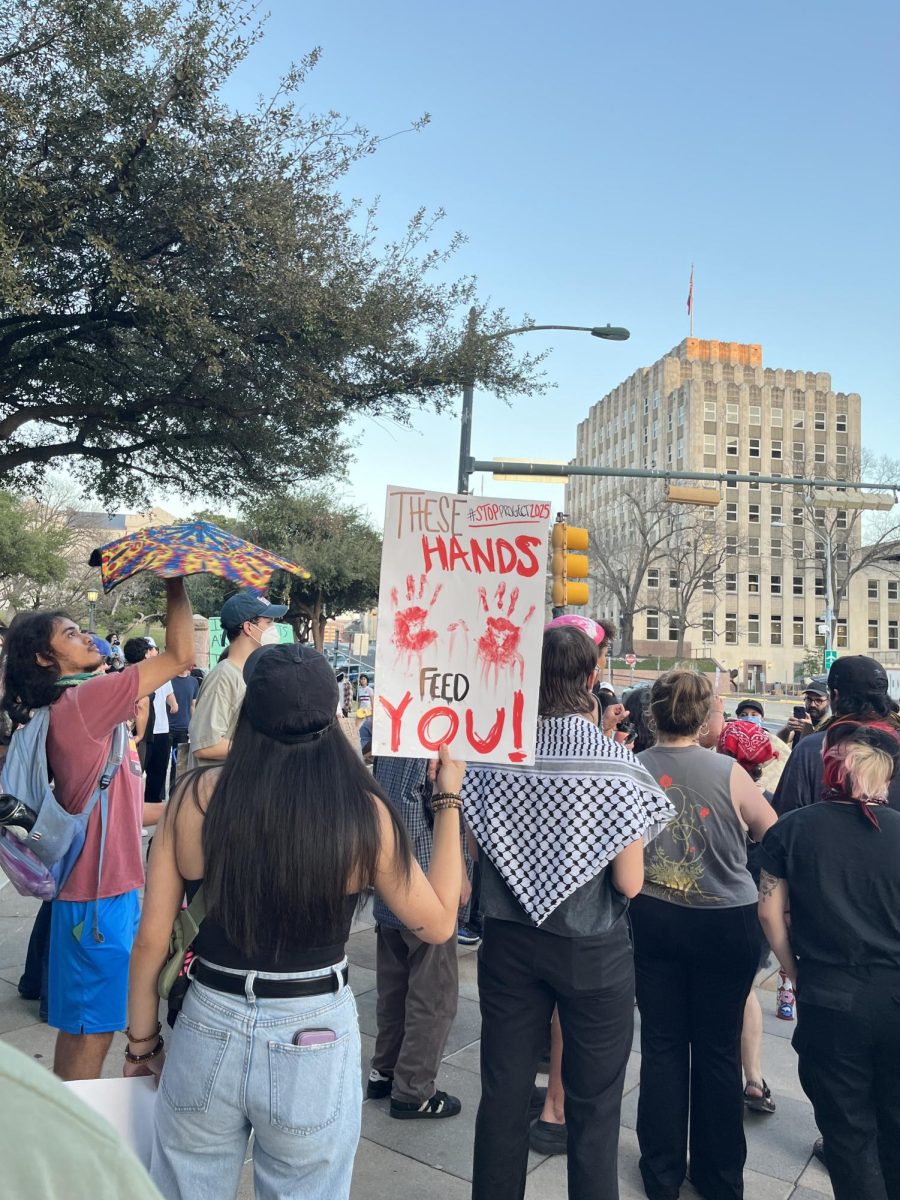The republican-majority of the Texas Legislature has continued their attacks on diversity, equity and inclusion (DEI) with House Bill 2548 authored by State Representative Cody Harris (R-Palestine). This bill, filed in early February, directly targets the curriculum of higher education institutions in Texas, aiming to prevent public universities and colleges from requiring general education courses that cover topics such as systemic racism, DEI, intersectionality and implicit bias, among others.
These topics however, are major components of the social sciences and critical to a well-rounded education. The larger idea behind requiring general education courses in higher education is to develop critical thinking, expand perspectives, improve communication skills and prepare students for their future careers. To censor, limit or condemn courses that cover material surrounding institutional racism, privilege and systemic or structural bias would ultimately be a disservice to students. Lawmakers claim these courses radicalize students, yet they fail to recognize that the real threat to democracy is an uninformed populace. Without the ability to critically analyze the structures that shape our society, students will graduate lacking the necessary skills to address social issues, engage in meaningful discourse and advocate for equitable change.
This proposed legislation is part of a national movement to stifle academic freedom and suppress discussions that challenge the status quo. Texas is not alone in these efforts — similar bills have been introduced in states like Florida and Tennessee, where lawmakers have sought to limit discussions about race, gender and systemic inequality in education. These legislative efforts raise serious concerns about academic integrity, free speech and the role of higher education in a democratic society. When institutions deny students access to a full and honest education, they rob them of the ability to make informed decisions about the world around them. If authorities prevent universities from teaching the realities of systemic oppression, how can future generations address issues such as poverty, discrimination, and social justice?
On Feb. 20, the Austin Justice Coalition (AJC) held a press conference at the Texas State Capitol to speak out against the proposed HB 2548. Chas Moore of the AJC spoke out in the conference after reading the proposed legislation.
“This is just another attempt to erase, eradicate and diminish very large groups of people,” Moore said.
St. Edward’s University social work adjunct professor Esmeralda Rubalcava Hernandez also voiced her concerns at the press conference, emphasizing the impact this bill would have on students entering fields dedicated to public service.
“To send social work, sociology, criminal justice and other students out into the profession without knowing the realities that impact every single one of us today — regardless of our racial identities, our ancestries — we are all impacted,” Rubalcava Hernandez said. “Not having students who know this and are out doing work in communities is going to inevitably harm our communities. It is going to cause a great amount of danger to people who are already marginalized.”
Lawmakers and educators alike have echoed this sentiment. Representative Ron Reynolds (D-Missouri City) commented on HB 2548, stating that Harris’ bill follows a national pattern to “suppress discussions on systemic injustice and maintain the status quo of inequality.” Education is one of the most powerful tools for social mobility and civic engagement, yet Texas lawmakers appear intent on restricting access to knowledge that empowers marginalized communities and future leaders. The alt-right can attempt to take everything to alter our democracy to fit their oppressive agenda, they have continually attempted to take away our knowledge; because to have knowledge is to have power, and to restrict our knowledge is to dismantle our power.
What is at stake here is more than just a set of curriculum requirements — it is the integrity of higher education itself. If students are denied the opportunity to engage with complex and challenging ideas, they will be less prepared to navigate an increasingly diverse and interconnected world. Institutions of higher learning exist to challenge perspectives, encourage debate and foster intellectual growth. When lawmakers dictate what can and cannot be taught, they undermine the very foundation of education.
Students, educators and community members must recognize the long-term consequences of these legislative efforts. If lawmakers strip higher education of its ability to address difficult and necessary topics, what will remain? The next generation deserves more than an education censored by political agendas. They deserve the full truth — unfiltered, honest and complete. Anything less is an affront to the very purpose of learning itself.


